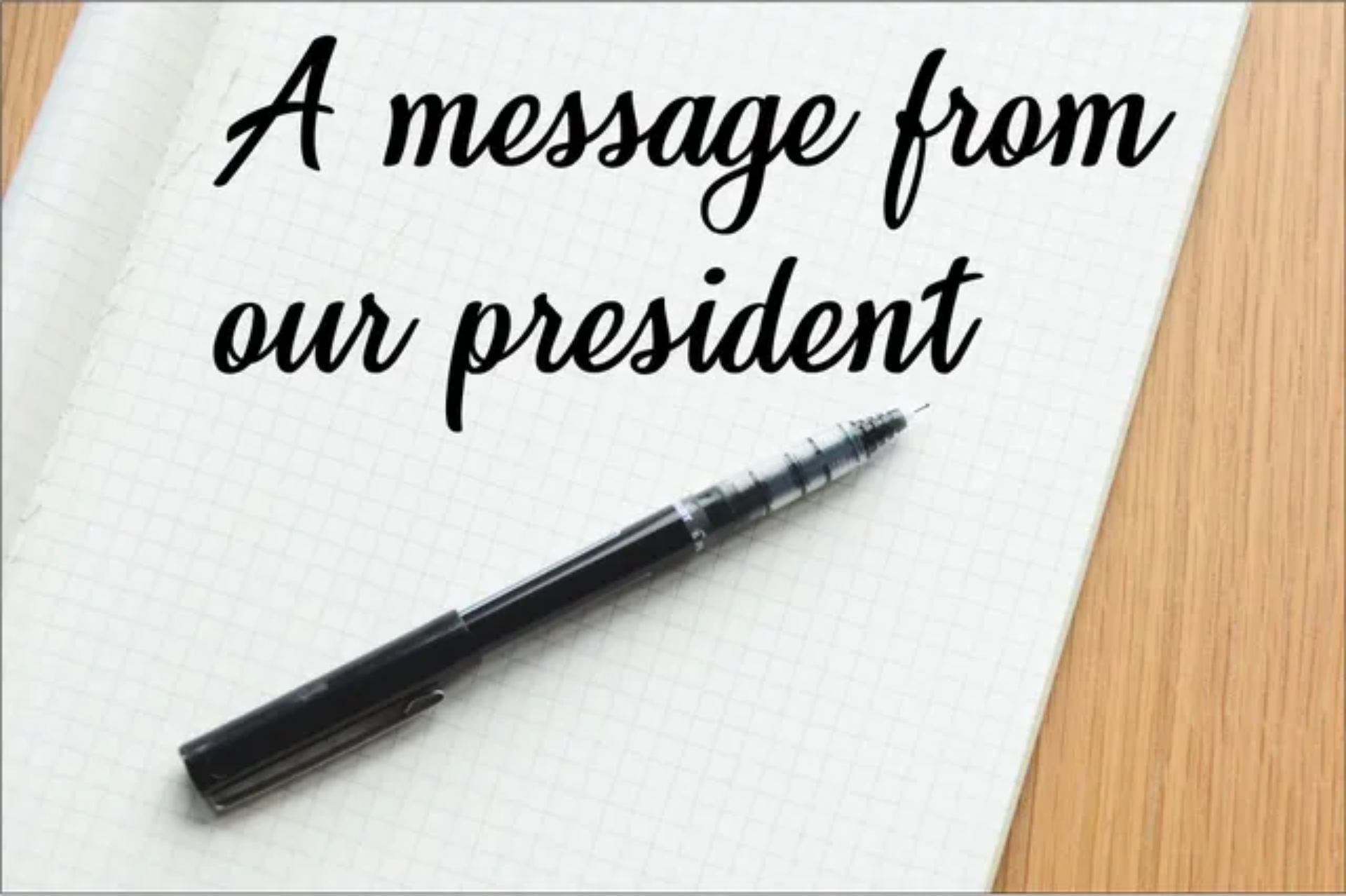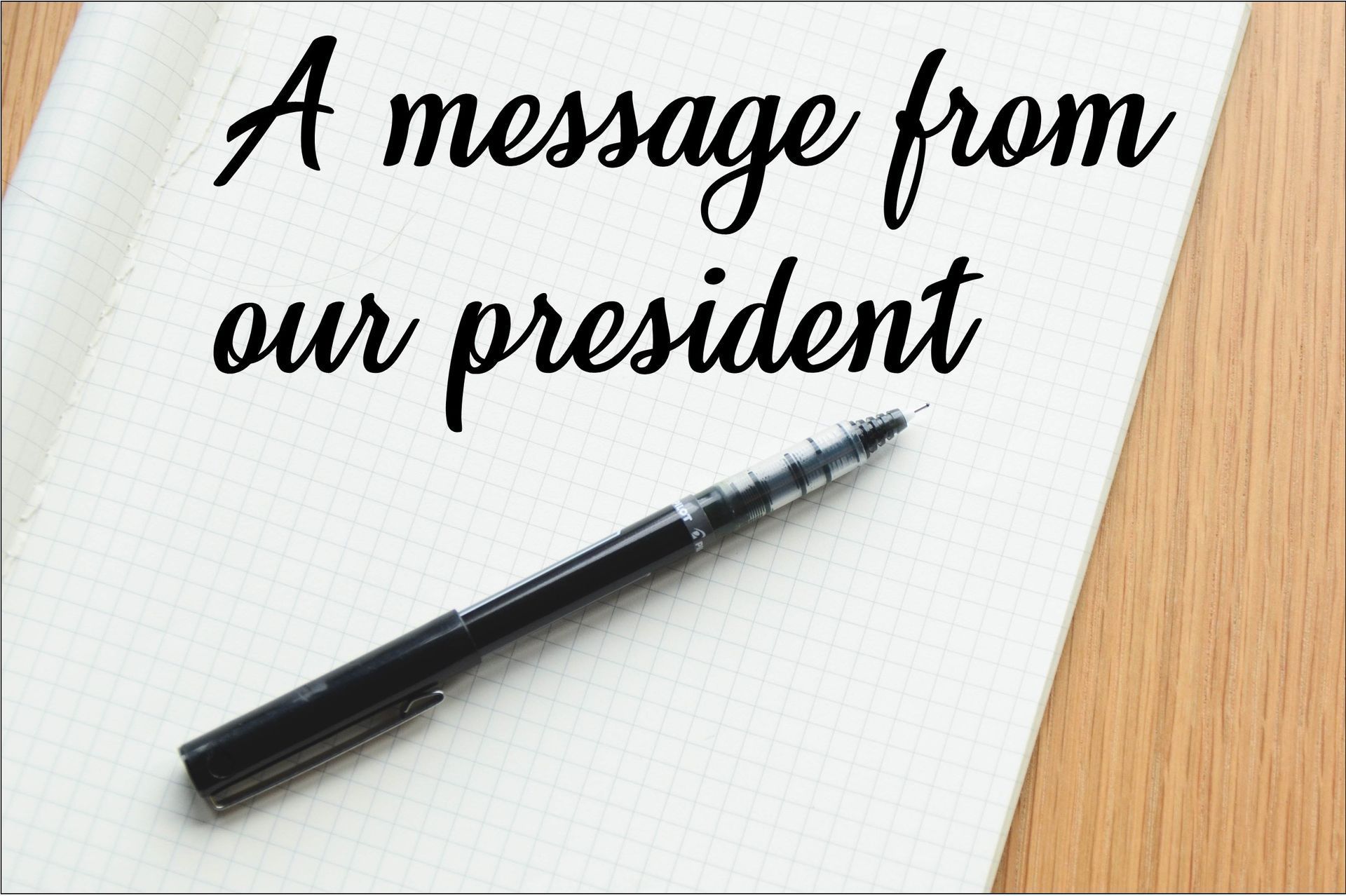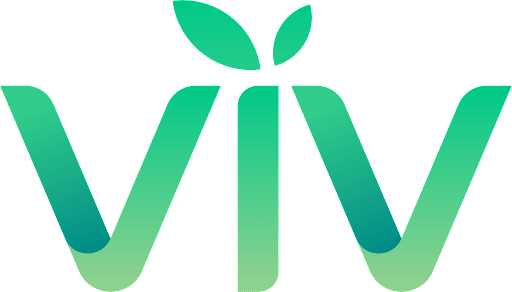FRAUD - They Are Out To Get You!
Every single day the fraudsters are looking for ways to infiltrate your defenses and to take advantage of your weakness. Think for a moment about all of the SPAM phone calls that you receive – the kind that block their numbers from caller-id, the kind that come up on your caller-id as a “local” number, the kinds of calls that you are unsure as to whether you should even answer the phone.
Allow me to make a simple suggestion. IF YOU DON’T RECOGNIZE THE NUMBER – DON’T ANSWER THE CALL! A legitimate caller will leave you a voice message. A legitimate caller won’t keep calling your phone. A legitimate caller doesn’t make multiple calls in a row without leaving a message.
I hear customers say things like the following:
- I didn’t want to miss a call from my doctor or healthcare provider.
- I was sure that the number was someone that I knew.
- The caller-id said that it was a federal agency (FBI, DHS, FTC).
- The same caller was on my phone 2 or 3 times in an hour.
The biggest danger that we face is in answering the phone and beginning a conversation with a potential scammer. Trust me when I say, the person that is calling you is well-rehearsed, extremely convincing, and they will immediately make you feel that you must do something right now to help them or to remove yourself from the trouble they suggest you are involved in.
Scammers utilize an appeal to authority and time pressure to make you afraid. They use this fear to get you to do what they ask of you. They will tell you a story about unclaimed property, or cash prizes, or even that you are helping law enforcement with an investigation of your bank. All of these stories are false, but they have just enough truth and a lot of correct sounding jargon to make you believe that you are doing something good that will benefit you. They may even send you to the bank and ask you to keep them on the phone, telling you that the bank employees are going to suggest that you are involved with a fraud – that’s all part of their hook.
Finally, the scammer will ask you to buy Pre-Paid gift cards after withdrawing cash from your bank – and to reveal the numbers on the back of the card to them.
IF YOU DO THIS – YOUR MONEY WILL BE GONE!
There is no Identity Theft Protection that will keep you from doing this on your own. Please take the time to think through answering your phone. I have an old friend who used to say, “I have a phone for my convenience, I don’t answer the phone unless I know who is calling me.”
Allow me to make some simple suggestions that may very well keep you safe from the myriad of scammers…
- If someone calls you from a familiar place and isn’t confirming information that you already know or are waiting to hear, hang up the phone and call that place directly.
· Scammers are using technology that spoofs phone numbers – the caller-id may indicate it is from your local bank or the doctor’s office. - Your bank will NEVER, EVER, ask for your specific account information – we already have that information. Bank’s do not know your PIN #s for cards, that is your information and is issued specifically to you. Your bank will NEVER, EVER need to ask you for a PIN number.
- Be careful with your card information. Scammers are very good at talking you into giving away specific information and making it seem like they already know the information.
· For example – the three digit card security number on the back of your cards. The conversation will go something like this…
· Scammer: I know that your card ends in 1234, and your expiration date is 08/27. Would you please give me the 3-digit code in order to verify your account?
· Person: Sure, it is 111. - Criminals have access to so much of our data, the simple process of asking you questions is to gain your trust. Please don’t fall for this trick.
In closing this piece. Remember the old rule, “If it sounds to good to be true, it probably is.” Even the biggest prize company in the world – Publisher’s Clearing House states that they will never call you, email you, send mail to you – they will show up at your home when you are the winner. No legitimate organization needs you to send them money in order to investigate another organization. All of these people are attempting to take advantage of you and steal your money. And sadly, once you withdraw cash and give it to them – IT IS GONE FOREVER! Please be safe in this increasingly dangerous world.
Michael Herzog
President



FULFILLING ALL OF YOUR BANKING NEEDS
CONTACT US
(309) 444-2265
Location
1110 Peoria Street
Washington, IL 61571
Mailing Address
PO Box 129
Washington, IL 61571
Report a Lost or Stolen Debit Card
Call (309) 444-2265 or
after hours (844) 202-5333
PRODUCTS
SERVICES
ABOUT WSB
LOBBY HOURS
- Mon - Fri
- -
- Saturday
- -
- Sunday
- Closed
One-on-one appointments available during business hours.

DRIVE-THRU HOURS
- Mon - Thu
- -
- Friday
- -
- Saturday
- -
- Sunday
- Closed
All Rights Reserved | Washington State Bank





